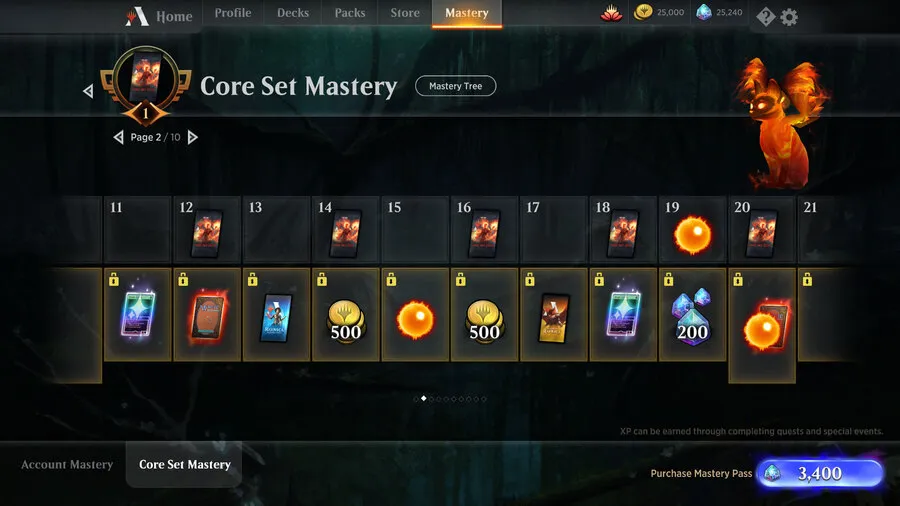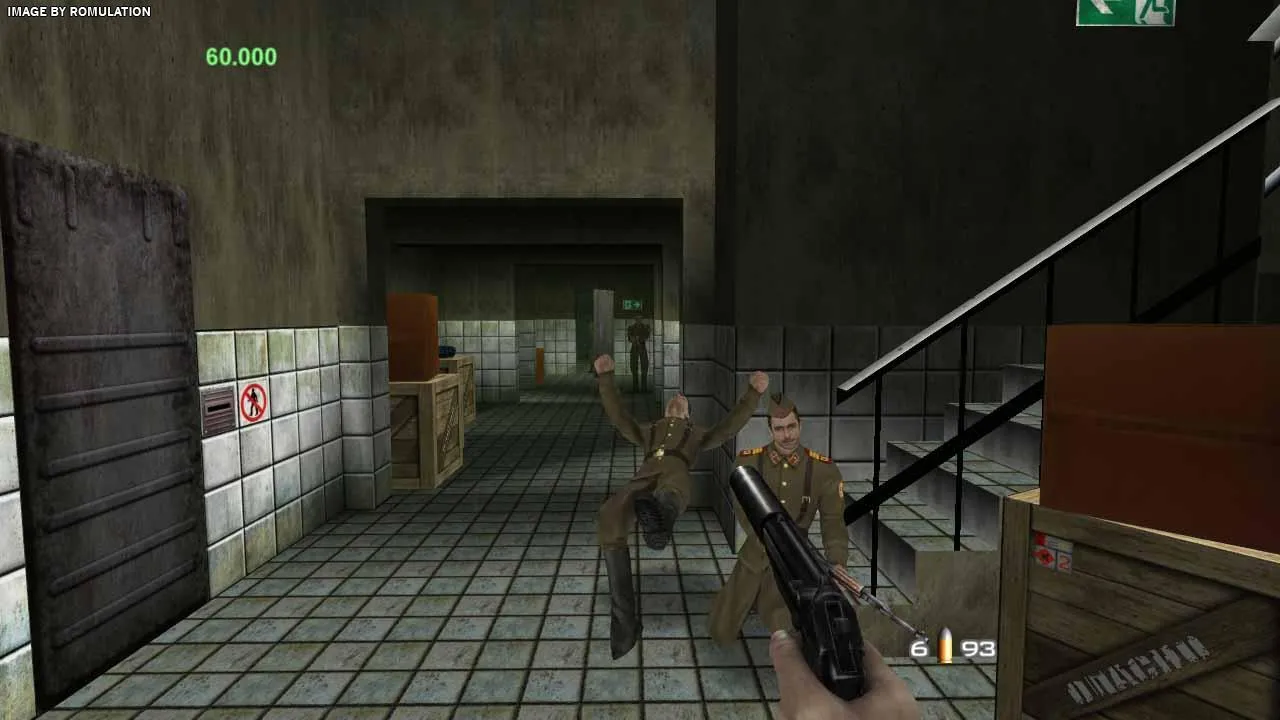I have been getting feedback from a lot of people to check out Splinterlands because of my background in MTG. There has been a lot of talk about Splinterlands with their new announcement and partnership so it's no wonder people are bringing it up. I've actually been aware of Splinterlands since it's inception and it has been on my radar this whole time.
But is it really similar to Magic?
Now imagine you play FPS games and someone told you that they found this new game Fortnite, it's like the new Goldeneye 007. You shoot guns in both games, they must be the same right? Well they actually belong to two different subgenres because Fortnite is a Battle Royale and they play a lot differently so comparing them directly is quite difficult.
Card games also divide into different subgenres. Magic is often described as a 'strategy' card game. It relies on variance and unpredictability so that you have agency over your games and can outplay your opponent at different stages of the game depending on what archetype you're playing. To add to that complexity, the MTG comprehensive rulebook currently has 905 rules with many of those rules being broke down into many subsets of rules. These rules also take place over 6ish different layers and in high level professional matches in person, a judge will be there to clarify the rules.
Splinterlands contrasts this subgenre by falling more into the category of an 'autobattler'. In this way, it is basically the antithesis to Magic. The gameplay is very simplified and you have no agency once the match has started. It looks like they are adding complexity with new cards but that's how the game works as today. This simplicity will appeal to some and be a reason to play and more complexity will appeal to others.
It's true both games are collection based and have trading so there is some correlation between the games that can be made. But if I were to compare a game to another game for a gamer, I would want to compare the way gameplay works and not a platform. As far as the analyzing gameplay goes, they are at almost opposite sides of the spectrum.
But honestly...
with the MTG climate these days maybe not being relatable to MTG isn't such a bad thing. You know when one of the most well known content creators in their game can be quotes saying "If Hasbro thought it would be more profitable to print Magic cards on used napkins pulled from a dumpster behind Taco Bell with an underpaid, Magic-loving intern, I have no doubt that it would." there might be some problems going on.
I may not have any stake in Splinterlands today but that doesn't mean I don't appreciate the game or think it has merit. In fact, I helped onboard someone I think will be interested just yesterday and I didn't even have a referral link to benefit from that. But I recommended the game as it was, not as an alternative to MTG. We have to be genuine because I think if someone started playing Splinterlands thinking it was like MTG, they might be offput by the way the gameplay differs.
Now if I was to compare a game to a modern MTG, I would probably have to bring up Eternal. I won't get too deep into it because this post is already long enough as it is but I have been playing Eternal for a few years now. Some of the developers are some of the most well known names in the MTG community such as LSV and Patrick Chapin and I really think it is underrated. It plays very similar to MTG but has some ability to benefit from being a digital game instead of on paper. I should mention now that because of it's traditional digital card game nature, the cards aren't tradeable between players although you can use a resource to swap cards into other cards.

Eternal is actually celebrating it's 3rd birthday and has some really cool events planned from the 23 to Nov 1 and during this entire time every account will have access to every card in the game for free. If you're interested in expanding your card game experience, I highly recommend checking it out during the next week because there's no financial risk since you have all the cards for free.
If you decide to check it out for the first time feel free to use my referral link Normally I wouldn't bother with my referral code but during this week celebration there's a special promotion where people who use a referral code get extra bonuses. Its explained in the article I linked above if you want the details.
I think we can enjoy many card games as the same time(I definitely do) and we can appreciate them for their differences. I watched Aggroed's youtube video about his partnership with brave and I really appreciated his thoughts on 'dominating' the market and collaborative efforts and I think that if we took the time to evaluate how wide the space is we'd realize there's actually room for many different games that look similar even though there's a wide range of nuanced differences. I hope he looks into the Eternal celebration personally because I think there is a lot that could be learned from this event and could be translated into Splinterlands for everyone's benefit.
Thanks for taking the time to read my thoughts and light analysis to these games. I have a few questions to close this off because I am very interested in knowing what you all think of these subgenres.
How much complexity, variance and strategy do you like in your card game?
Is there any game that you know that is a good direct comparison to the format Splinterlands uses to have a more accurate juxtaposition?
What kind of impact do you think the spell and item cards minted from lands will have on the complexity of the game?

